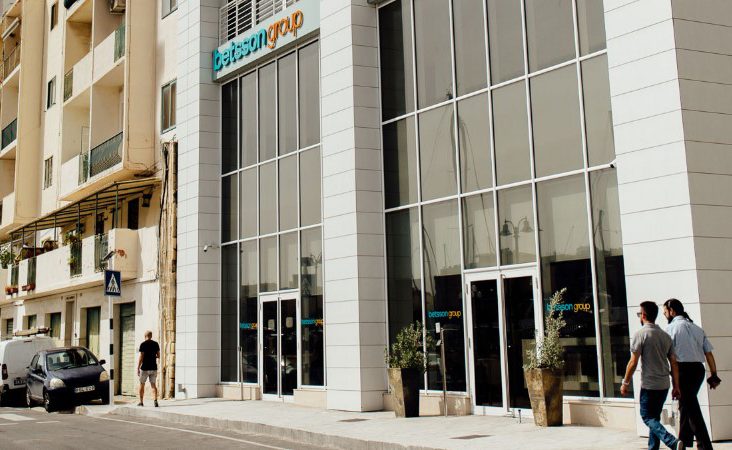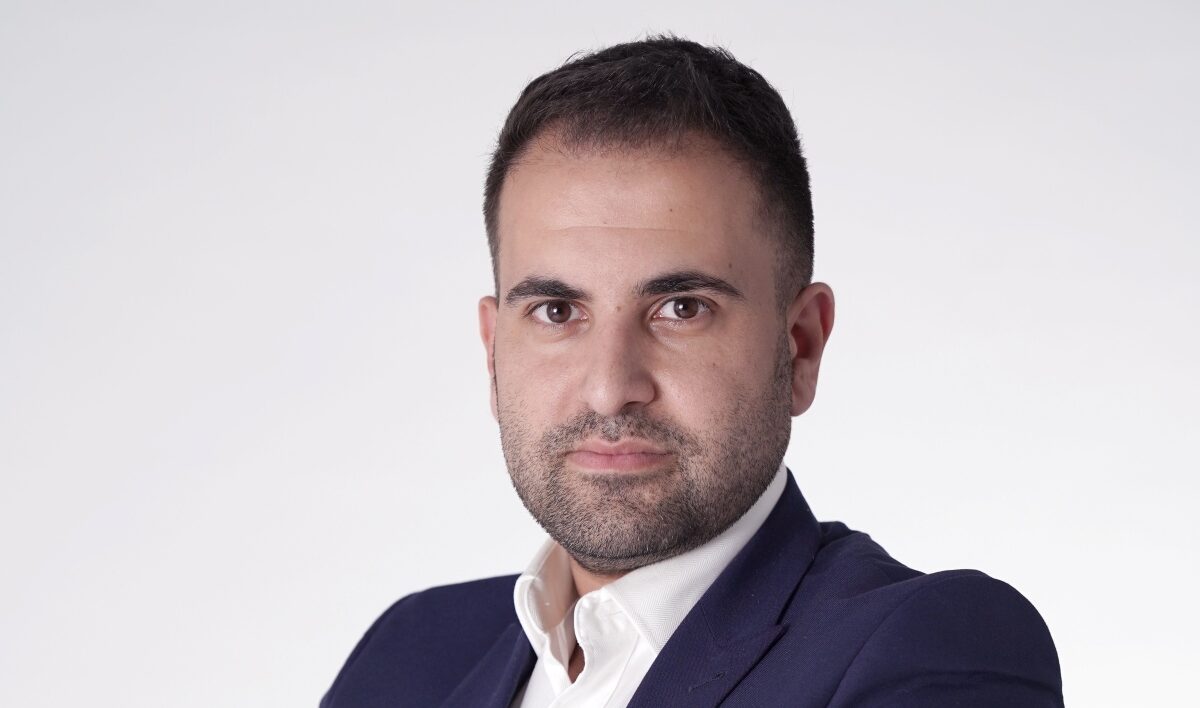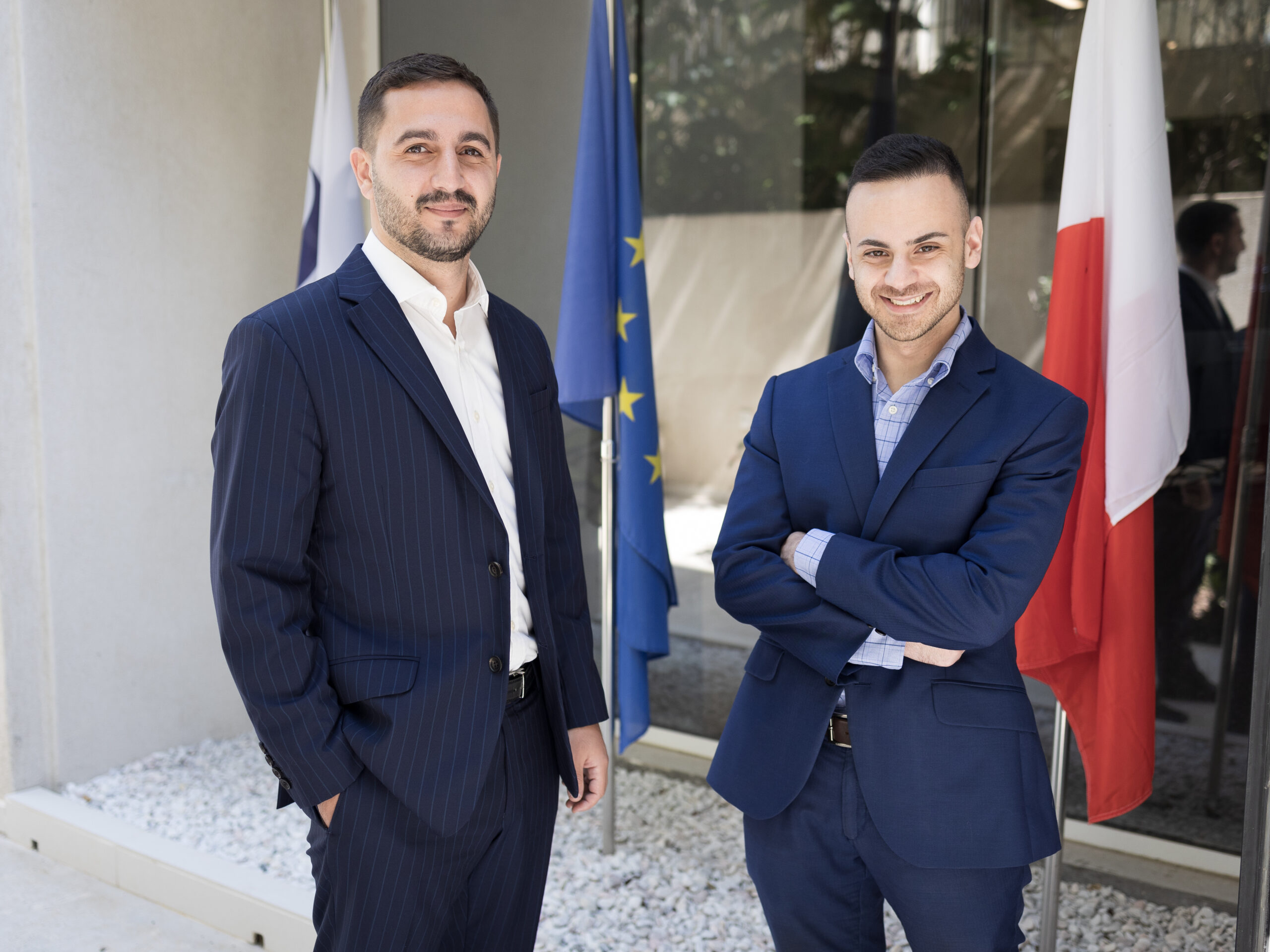Betsson AB has released its financial results for the final quarter of 2021, showing that during the quarter, profits sunk but were still better than had initially been feared, leading the company to hit its targets for the full year.
This was welcomed by shareholders and since the announcement, shares in the company have traded consistently around 10 to 11 per cent higher than before.
During Q4, Betsson’s revenue was SEK1,594.7 million (€151 million), representing a decrease of 10 per cent from the SEK1,762.5 million (€166 million) reported during the same period a year earlier.
This came as the company withdrew from the lucrative Dutch market and as it marked significantly lower sportsbook margins due to a higher than usual share of favourites winning, especially in football.
This saw sportsbook revenue decrease by 11 per cent and casino revenue fall by nine per cent compared to Q4 of 2020.
However, in terms of the company’s full year results, revenue increase notably, climbing by four per cent to hit SEK6,672.3 million (€630 million), up from SEK6,389.6 million (€603.24 million).
Operating income (EBIT) was SEK1,193.7 million (€113 million), an increase of six per cent on the year before, and the company’s EBIT margin was 17.9 per cent.
Net income was SEK1,054.4 million (€99.6 million), corresponding to SEK7.90 (€0.75) per share. Operating cash flow was SEK1,456.3 million (€137 million).

Betsson AB CEO Pontus Lindwall commented on the results, saying: “2021 ended up a record year in terms of revenue and a result that matches the record result from 2018.”
Betsson’s offering was launched in several new markets, and the company made several strategic acquisitions, developed its offering, and implemented adaptations in response to regulatory changes, he added.
Addressing the Dutch market and wider European regulation, he stated that the company has developed efficient ways to handle abrupt changes – as it demonstrated through the rapid closure of its Dutch operation.
“The Georgian Parliament has decided to implement several new restrictions that Betsson is intensively working to adapt to,” Mr Lindwall said, adding: “However, Betsson, together with other players in the market, is in discussions with the authorities to bring about a mitigation of these measures.”
Elsewhere, the CEO pointed to the company’s strong success in Latin America, as it expended into a number of markets, including recently Buenos Aires Province and city.
Betsson’s new hub in Bogotá is proving to be helpful, and it also plans to launch in Mexico during the coming year through its partnership with Big Bola Casinos.
Looking to the short-term future, Mr Lindwall explained that this spring, the company’s focus will be on North America, where the launch of the B2C offering in Colorado is “at our doorstep.”
On this launch, the CEO stated that the preparations to enter this market are progressing according to plan and “there is an excitement over launching a new product on a competitive market.”
Parallel to the investment in the United States, Mr Lindwall also pointed to preparations taking place in the Canadian market and the goal is to launch Betsafe in the province of Ontario and to offer the Betsson sportsbook as a part of the B2B offering.
On a longer-term basis, providing predictions for the coming year as a whole, he said: “The year 2022 will entail continued investments both in technology and the existing product portfolio.
“A scalable and flexible technical platform combined with highly competent employees and strong commitment create the right conditions for taking full advantage of Betsson’s business model.”
Further comments are expected to be made by Betsson Group (Betsson AB’s operating company) CEO Jesper Svensson, as the company is set to resume its regular discussion show ‘Betsson Live’ on 16th February.

In this discussion broadcasted live and for free on social media, Mr Svensson will provide insights on the past year, and give his thoughts on the upcoming one.
He will detail any highlights coming up that he is looking forward to and will dive into the company’s hybrid work model and culture.
Continue Reading
Together Gaming Solutions plc announces early redemption of its 5.9% unsecure callable bond
These bonds were originally issued in 2019 and scheduled to mature between 2024 and 2026
Evolution to develop online live casino and slots for MONOPOLY and other Hasbro games
Hasbro hands out MONOPOLY licence tokens to a total of four iGaming firms
CasinoBonusesFinder: A fresh look at bonus finding in 2025
Since 2010, online platform CasinoBonusesFinder has helped players answer one essential question: Which casino bonus is truly worth my time?
Maintaining Malta’s edge in iGaming – CLA Malta weighs in
As emerging jurisdictions challenge Malta's iGaming dominance, CLA Malta’s experts outline the critical success factors










